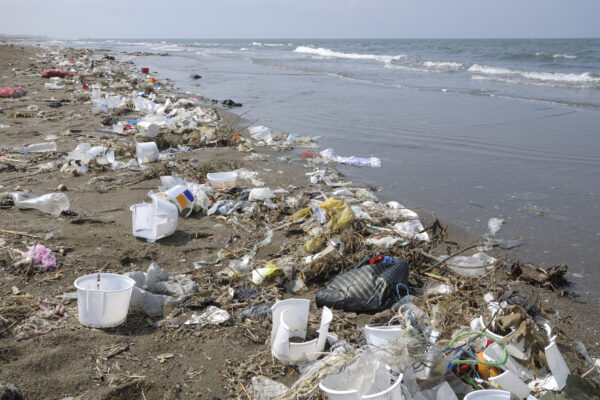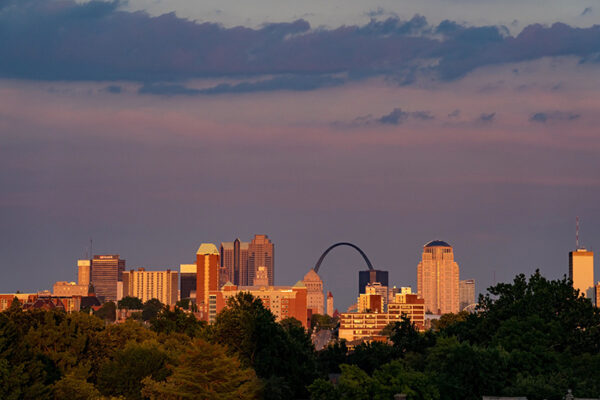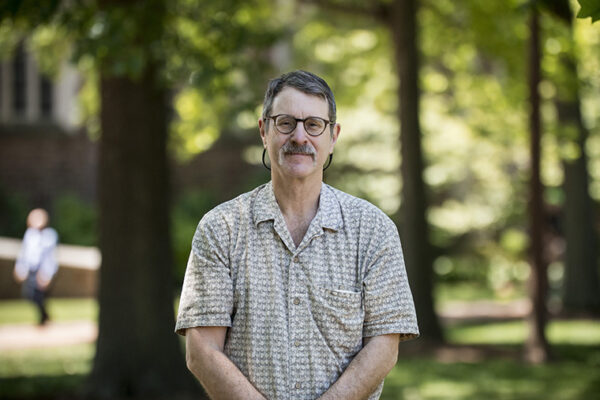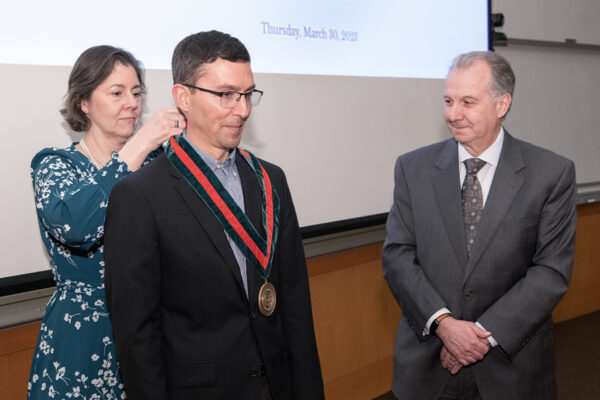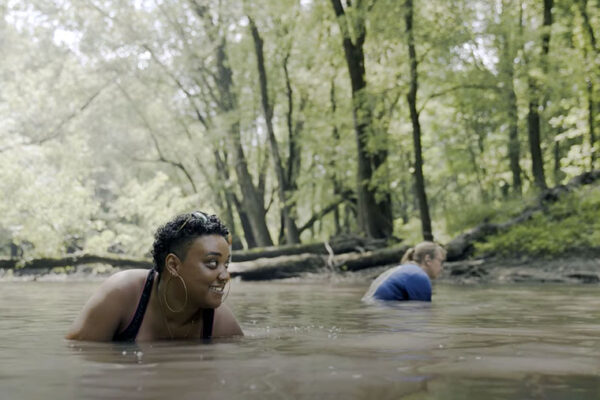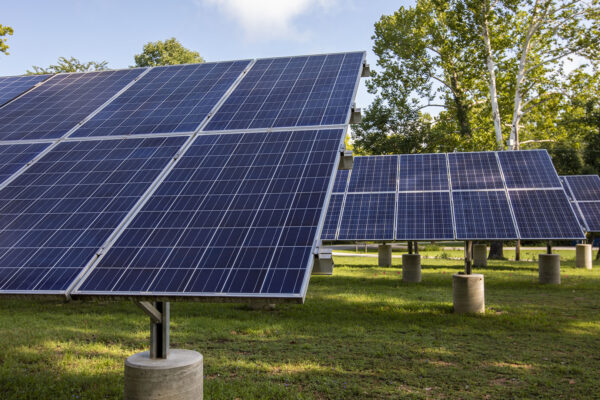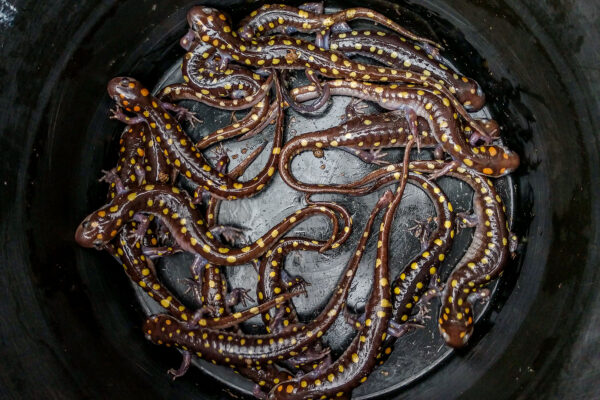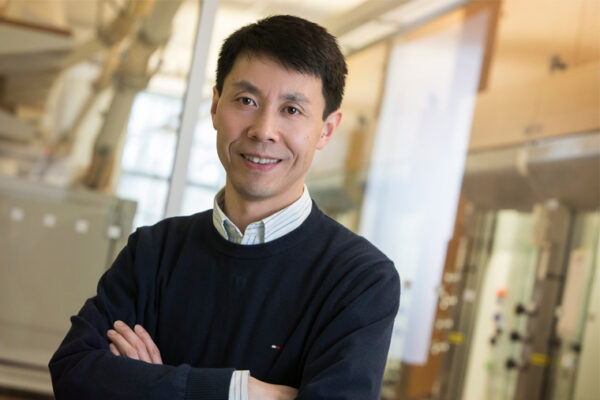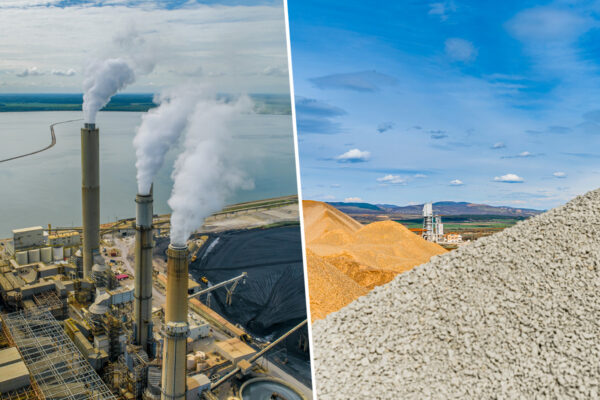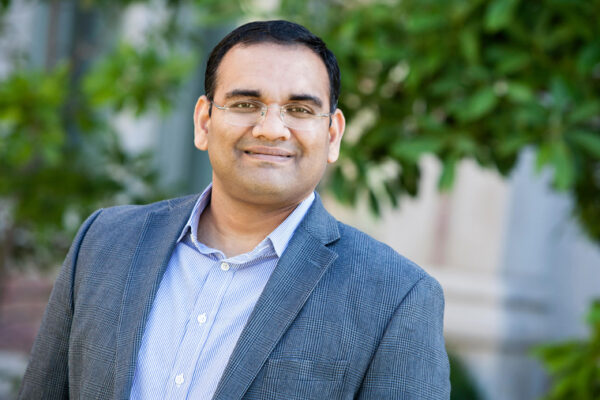Engineering team receives $3.6M to combat plastic waste
Washington University is leading a new effort to address the grand challenge of developing the next generation of high-performance, sustainably sourced and biodegradable plastics that advance engineering while also protecting the environment.
WashU faculty awarded Taylor Geospatial Institute seed grants
Faculty from Arts & Sciences, the McKelvey School of Engineering and the School of Medicine received seed grants and other funding from the Taylor Geospatial Institute totaling more than $950,000. The grants are designed to encourage collaborative research and provide resources to advance geospatial science through innovative projects.
Forum to explain science behind reports of radioactive substances
Lee Sobotka, a professor of chemistry and of physics in Arts & Sciences, will moderate an April 26 technical forum to explain the science behind recent reports of radioactive substances at Jana Elementary school in Hazelwood, Mo. Saint Louis University’s College for Public Health and Social Justice is hosting the event.
Randall Martin named Raymond R. Tucker Distinguished Professor
Randall V. Martin, a world-renowned expert in atmospheric composition at the McKelvey School of Engineering, has been named the Raymond R. Tucker Distinguished Professor at Washington University in St. Louis. He was installed March 30 at a ceremony in Brauer Hall.
‘Mussel Grubbing’ video screened at World Water Film Festival
Mussels are the most imperiled freshwater animals in the United States. A short film documents a local mussels biodiversity project supported by the Living Earth Collaborative at Washington University in St. Louis.
Doing the math on a solar-powered future
Physicist Anders Carlsson in Arts & Sciences used 40 years of data from the St. Louis region to figure out the ideal mix of solar generation and storage for a reliable power grid.
Secret lives of salamanders
Scientists at Tyson Research Center are carefully tracking the timing of salamander breeding as part of a larger research effort examining the impacts of climate change on amphibians and plants.
Wang to study Arctic aerosols, their impact on climate change
Jian Wang, a professor and director of the Center for Aerosol Science and Engineering at the McKelvey School of Engineering, won a $766,552 grant from NASA for new research on Arctic aerosols. Wang aims to understand how aerosols impact Arctic climate change.
Carbon-negative concrete products to be formed from upcycled waste
With collaborators from Missouri University of Science & Technology and GTI Energy, Xinhua Liang at the McKelvey School of Engineering plans to develop an economical process to convert carbon dioxide and solid waste into carbon-negative concrete products.
Powering unmanned underwater vehicles
With a three-year $630,000 grant from the Office of Naval Research, researchers in the laboratory of Vijay Ramani at the McKelvey School of Engineering will develop, scale and test highly efficient unitized regenerative fuel cells to be used by the U.S. Navy.
Older Stories
